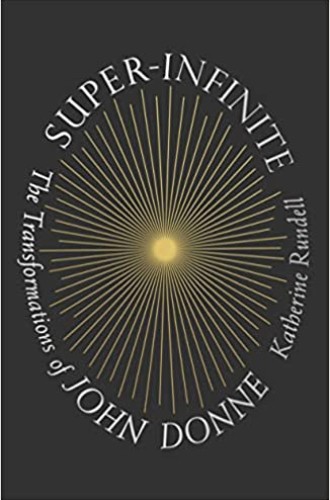The great and strange John Donne
Katherine Rundell’s biography offers something new: she matches the poet’s energy with her own.
Finally a biography of John Donne that captures his eccentricities, his contradictions, his fabulous twists and turns, his trickiness, and—as one critic has put it—his thinking “awry and squint.” Oxford fellow Katherine Rundell does all of this with an engaging spirit not often seen in academic books. Some fine biographies of Donne exist, one of which—John Carey’s John Donne: Life, Mind and Art—awakened Rundell as a teen to the possibilities that literary criticism could be “electric.” But Rundell does something brand-new, matching Donne’s energy with her own.
Rundell calls this book, which recently won the 2022 Baillie Gifford Prize for Non-Fiction, “both a biography of Donne and an act of evangelism.” It offers a deeply sensitive and clear-eyed reading of Donne’s work and life. But it is also a piece of poetry that reveals the complexities of his thought, his impulsiveness, his “flair” which Rundell calls “its own kind of truth: if you want to make your point, make it so vivid and strange that it cuts straight through your interlocutor’s complacent inattention.” She refers to “quicksilver Donne,” to his “magpie mind, obsessed with gathering.” She calls him out, labeling him “both celebrant and assassin, ever shifting between the two.” Super-Infinite is a biography that presents in linear fashion the events of a man’s life, but it is also an expressionistic portrait of a singular individual.
What I appreciate most about Rundell’s approach to Donne’s work is that she offers corrections to the hackneyed interpretations of the split between Donne’s love poetry and his spiritual poetry as representative, respectively, of the young Donne and the more mature Donne, of the rake versus Dr. Donne. Donne himself probably encouraged this interpretation because it provided an easy explanation for the eroticism of some of his love poetry as something he thought better of as he matured into the dean of St. Paul’s Cathedral in London.





